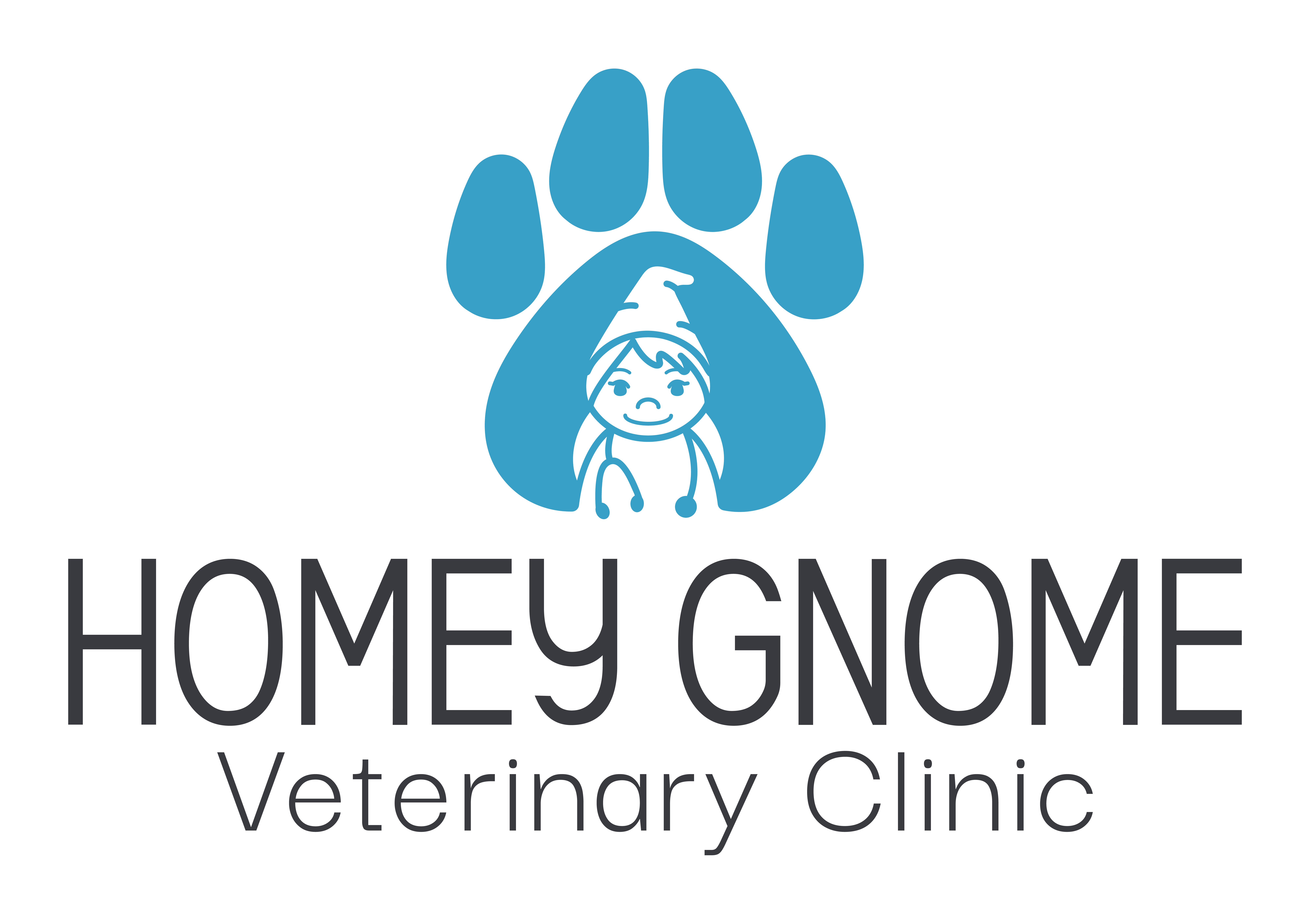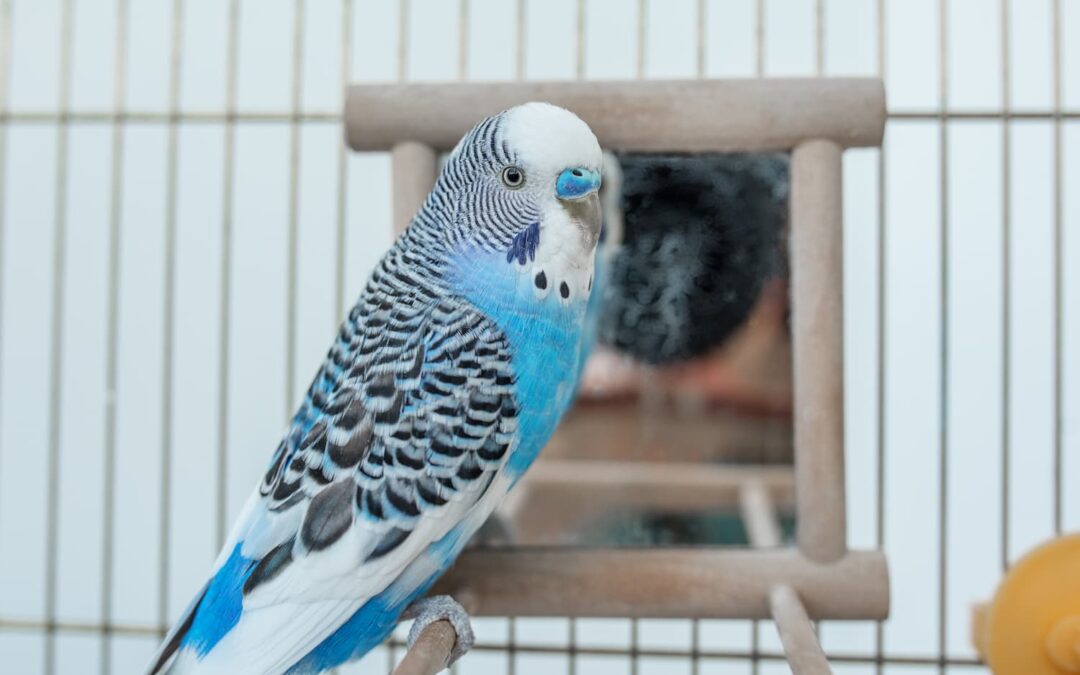They’re colorful, charismatic, and famously chatty—but parrots are far more than their vocabulary. World Parrot Day, celebrated every year on May 31st, is a wonderful reminder of the intelligence, social needs, and specialized care required by these remarkable birds.
For parrot lovers in Oakdale and beyond, this day offers the perfect opportunity to dive into what truly makes parrots tick—and how to give them the best life possible. From enrichment to nutrition to emotional bonding, caring for a parrot takes more than a clean cage and a handful of seeds. These birds need attention, interaction, and veterinary care that understands their unique needs.
Let’s explore how you can help your parrot not just live—but thrive.
Enrichment: The Key to a Happy Parrot
Parrots are not your average pet. In the wild, they fly miles each day, forage for food, solve problems, and socialize with their flock. When kept in a home environment without those natural challenges, they can become bored or even depressed.
That’s where enrichment plays an important role. Enrichment is all about stimulating a parrot’s brain and body—keeping them active, engaged, and emotionally fulfilled.
There are countless ways to provide enrichment for parrots, including:
- Foraging toys that make them “work” for their treats
- Shreddable items like paper or cardboard to satisfy their natural chewing instincts
- Puzzle feeders to challenge their intelligence
- Interactive games like teaching simple tricks with positive reinforcement
- New experiences such as rearranging cage items or rotating perches and toys
Even a small change in their daily routine can make a big difference. Social interaction is enrichment too—talking, singing, and playing together helps build trust and reduce stress. For parrots, a few minutes of boredom can feel like hours, so variety is key.
Health Comes First: Why Wellness Exams Matter
Parrots often hide signs of illness until they are quite sick. In the wild, showing weakness could make them a target, and that survival instinct is still strong in our pet parrots today.
Because of this, regular avian wellness exams are important. A checkup allows a veterinarian to assess your bird’s weight, feather condition, beak health, breathing, and droppings—often catching issues long before symptoms are obvious at home.
Common health concerns in pet parrots include:
- Obesity or malnutrition from seed-based diets
- Vitamin A deficiencies
- Respiratory infections
- Feather-damaging behavior (FDB) related to stress or medical problems
- Overgrown beaks or nails
To support your parrot’s health year-round:
- Offer a balanced diet rich in vegetables, fruits, and pellets (seeds should be used sparingly)
- Provide plenty of fresh water and keep their cage clean
- Avoid scented candles, aerosols, and non-stick cookware, which can release toxins harmful to birds
Routine lab work and fecal testing during checkups can also reveal parasites or early signs of internal issues. Spring and early summer are great times to schedule these visits—especially as warmer temperatures can bring seasonal stressors like allergens or molting changes.
Understanding Their Emotional Intelligence
Parrots don’t just mimic words—they connect. These birds are capable of forming deep emotional bonds and can even mirror their owner’s moods. They crave attention and meaningful interaction, and without it, many will show signs of emotional distress.
Parrots are social creatures by nature. In the wild, they live in flocks, constantly vocalizing and interacting. A single parrot kept alone in a quiet home may struggle without regular engagement.
Signs your parrot may be feeling emotionally neglected include:
- Excessive screaming or noise
- Feather plucking or biting
- Aggression or withdrawal
- Loss of appetite
Daily interaction and structured routines go a long way. Talk to your parrot regularly, involve them in your daily activities (they love being part of the “flock”), and consider teaching them tricks or offering them supervised out-of-cage time.
If behavior issues persist, professional help is available. Many avian veterinarians offer behavior consultations and can guide you toward solutions that align with your bird’s needs and personality.
Polly Needs More Than a Cracker: Nutrition Basics
A healthy diet is one of the most misunderstood aspects of parrot care. While seeds are often marketed as a staple, they lack many of the vitamins and minerals parrots need and are often high in fat.
The best diets are diverse and fresh. Most parrots do well with:
- Leafy greens like kale, collards, and dandelion
- Orange and red vegetables like carrots, peppers, and squash
- Fruits in moderation (berries and apples are favorites)
- Fortified pellets made for their specific species
- Minimal seed and nut content, used only as treats or for training
Avoid feeding your parrot avocado, chocolate, caffeine, onions, or alcohol—these are toxic to birds. If you’re unsure whether something is safe, always ask your vet.
Nutrition advice is never one-size-fits-all. Different species have different needs, and even factors like age or health status can affect what’s best. That’s why guidance from an avian veterinarian is invaluable.
Time for a Check-Up? We’re Here to Help
Parrots thrive with proactive, knowledgeable care—and finding an experienced avian vet makes all the difference. Homey Gnome Veterinary Clinic in Oakdale specializes in exotic and avian medicine, with a team that understands the unique needs of birds like yours. Whether it’s time for a wellness exam, nutrition advice, or support with behavior, we’re here to help your feathered companion live their happiest, healthiest life.
Image credit: Envato


